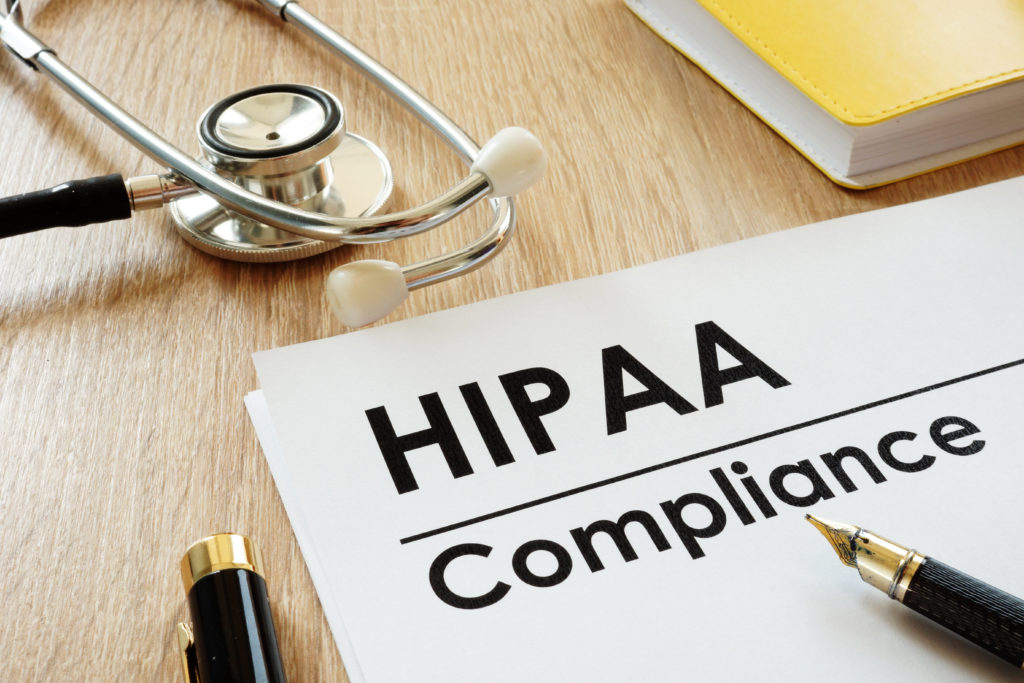HIPAA compliance is vital for healthcare providers. The federal law keeps patients’ data secure and safe and gives individuals more access to their personal information. With technology evolving at a rapid pace it is essential to ensure that any new system you adopt is compliant with the guidelines set out by HIPAA.

HIPAA compliance can be a convoluted process particularly for organizations that are still trying to understand the concept of HIPAA is and how it impacts them. HIPAA compliance is required by all health-care organizations and individuals in the insurance industry. It is crucial to thoroughly review the rules and ensure that all procedures are in place to ensure compliance. It’s sometimes difficult to follow the law, but it’s vital. Achieving compliance will give better data privacy protection and better service, as and avoiding possible fines. Understanding the HIPAA regulations and taking the necessary steps will help businesses to ensure they’re following the necessary procedures.
Although HIPAA’s regulations are extremely strict, the focus on proper privacy and security measures is intended to safeguard one of the most important items: information. A greater level of protection is required to stop the unlawful disclosure or use of patient’s private information as healthcare providers have been increasingly moving to digital technology like Electronic Medical Records. Although guidelines have been put in place however, it is essential to make sure that patients comply with these rules. Because of this, HIPAA continues to be vigilant about these matters to enhance the security and privacy.
HIPAA provides an important safeguard for those working in the medical sector and the patients whose information is stored. Both covered entities (CEs) and business associates are able to decide whether an addressable implementation policy should be used. The decision can be dependent on a variety of elements, including an assessment of risks, a mitigation strategy , and security measures. The decision is also dependent on the price of implementation. CEs and BAs have the option to consider alternatives or to skip the specific action should they consider it not suitable for their particular situation. HIPAA will help them make an informed decision about the protection of data and security. This is a way of ensuring an appropriate balance between technical as well as user control over sensitive information.
Many businesses benefit from HIPAA compliance. By adhering to regulations set forth in the Health Insurance Portability and Accountability Act (HIPAA) the organizations can secure the health information of their customers, clients or patients, making sure it is kept confidential and secure. Compliance assures that the medical information of individuals isn’t made available for personal use or for the benefit of their health care providers. HIPAA compliance gives individuals the power to make informed choices about the way their personal medical information is managed and used. It also permits them to be confident that their data will not be available or modified by any other entity without their permission. HIPAA compliance helps organizations avoid reputational risks in order to prevent legal or financial consequences resulting from the misuse of patient data. HIPAA compliance is a way to ensure that patients are provided with a pleasant experience and more secure their personal medical records.
These are just a few of the many considerations that you need to be aware of when you are complying with HIPAA. The best method to ensure that you are compliant is to have a clear understanding of the law and speak with an expert who can help you interpret it and establish the appropriate systems and procedures in place. It isn’t easy to reach full compliance, however, it is crucial for protecting the rights of patients and maintaining their privacy.
For more information, click hitech subtitles
